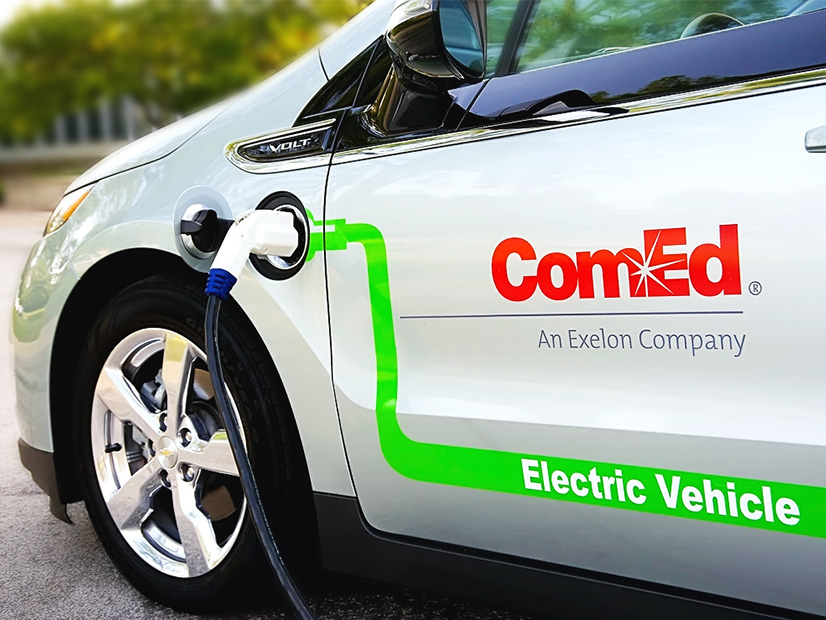Exelon (NASDAQ:EXC) reported a positive first quarter to investors and analysts Monday, its first earnings report since it completed the separation of its former power generation and competitive energy business, Constellation Energy, in February.
Net income from continuing operations for the first quarter of 2022 decreased to $481 million ($0.49/share), compared to $525 million ($0.53/share) for the same period in 2021. Adjusted to exclude the costs of the Constellation separation, however, earnings increased to $634 million ($0.64/share) from $542 million ($0.55/share).
Company officials said the results reflected higher earnings from Commonwealth Edison, resulting from an increased rate base, and increased returns on equity for PECO Energy, Baltimore Gas and Electric and Pepco Holdings Inc.
Exelon CFO Joe Nigro said the earnings were “driven in part by the recovery of costs associated with ongoing infrastructure investments to improve reliability and resiliency, enhance service for our customers and prepare the grid for a clean energy future.” Exelon reaffirmed its full-year adjusted operating earnings guidance range of $2.18 to $2.32/share and a long-term operating earnings growth target of 6 to 8% through 2025.
“Our grid modernization investments, enabled by constructive regulatory relationships, continue to drive solid operational results and stable earnings across our utilities,” Nigro said.
CEO Chris Crane said the separation of Constellation “really unlocked significant value” for shareholders, with a total return of 76% through the time of the announced deal more than a year ago through mid-April of this year.
“The first quarter was a milestone for Exelon as we successfully completed our separation of the generation business and embarked on our path as the nation’s premier transmission and distribution utility company,” Crane said.
Electric Vehicle Initiative
Nigro spoke about the adoption of electric vehicles and Exelon’s strategy in helping in the transition to EVs, saying they are “unquestionably a key enabler for reducing emissions.”
Jurisdictions in which Exelon operates are targeting 4.2 million EVs on the road over the next 25 years, a twentyfold increase from the end of 2021, he said.
“As our states make this transition over the coming decades, Exelon is poised to support our customers through investments such as upgraded distribution circuitry, substations and ultimately transmission,” Nigro said. “Transforming the grid over this period to meet the increased standards required by EVs, along with other expanded and innovative uses of the grid, will require significant investment.”
COO Calvin Butler said Maryland wants 300,000 EVs on the road by 2025, while New Jersey wants 330,000 by 2025 and 2 million by 2035. Current Illinois law requires 1 million EVs by 2030, and Delaware is looking for 20% of its registered vehicles to be electric by 2025.
“That just goes to show you the opportunity,” Butler said. “And when you look at the infrastructure that is going to be required to meet that and all of our capital plan, we see the opportunity across the Exelon utilities. It’s all different but significant opportunity for us to be partners in building out that infrastructure and preparing the grid.”



